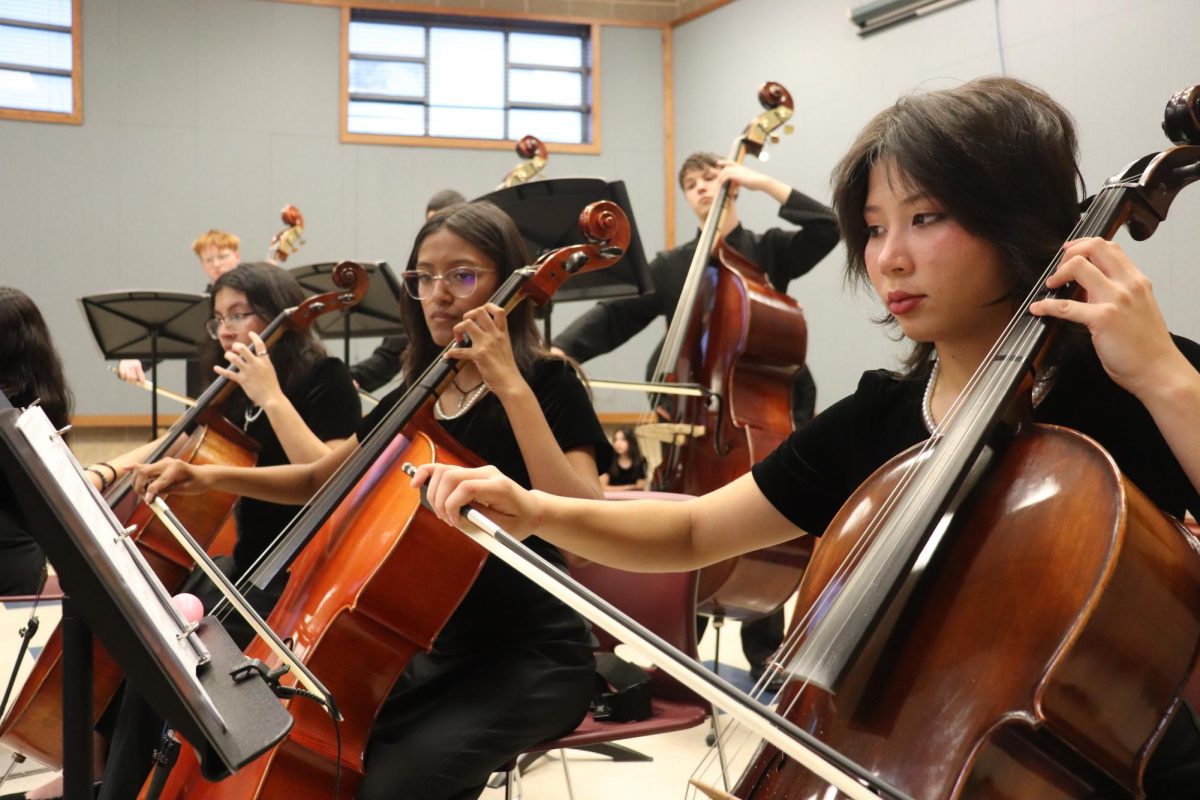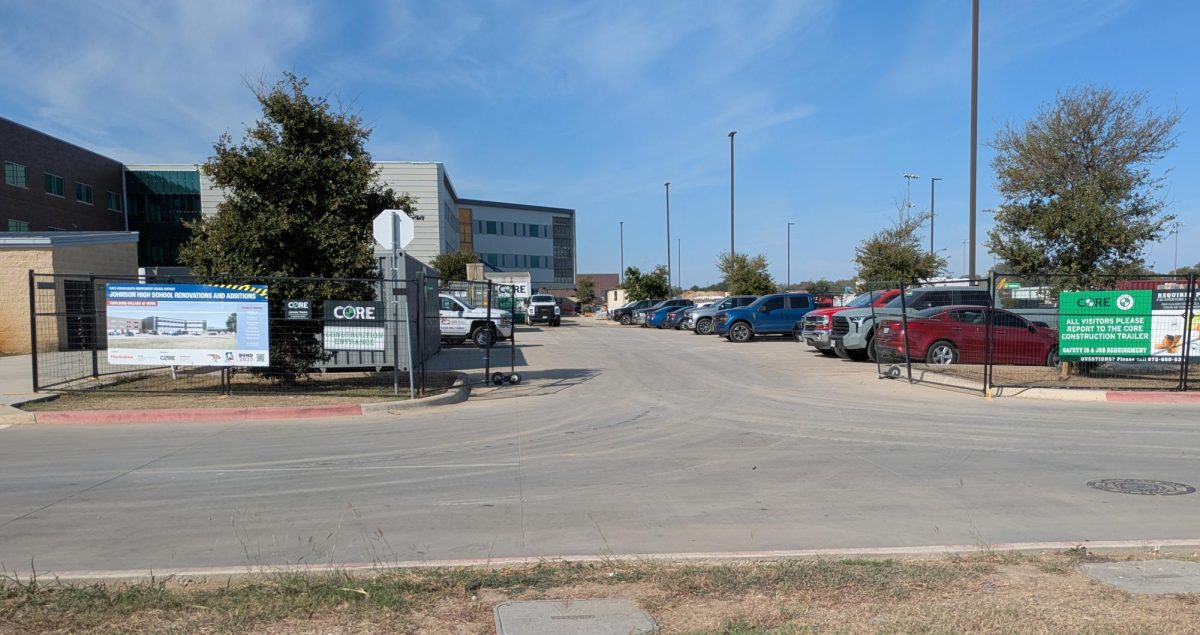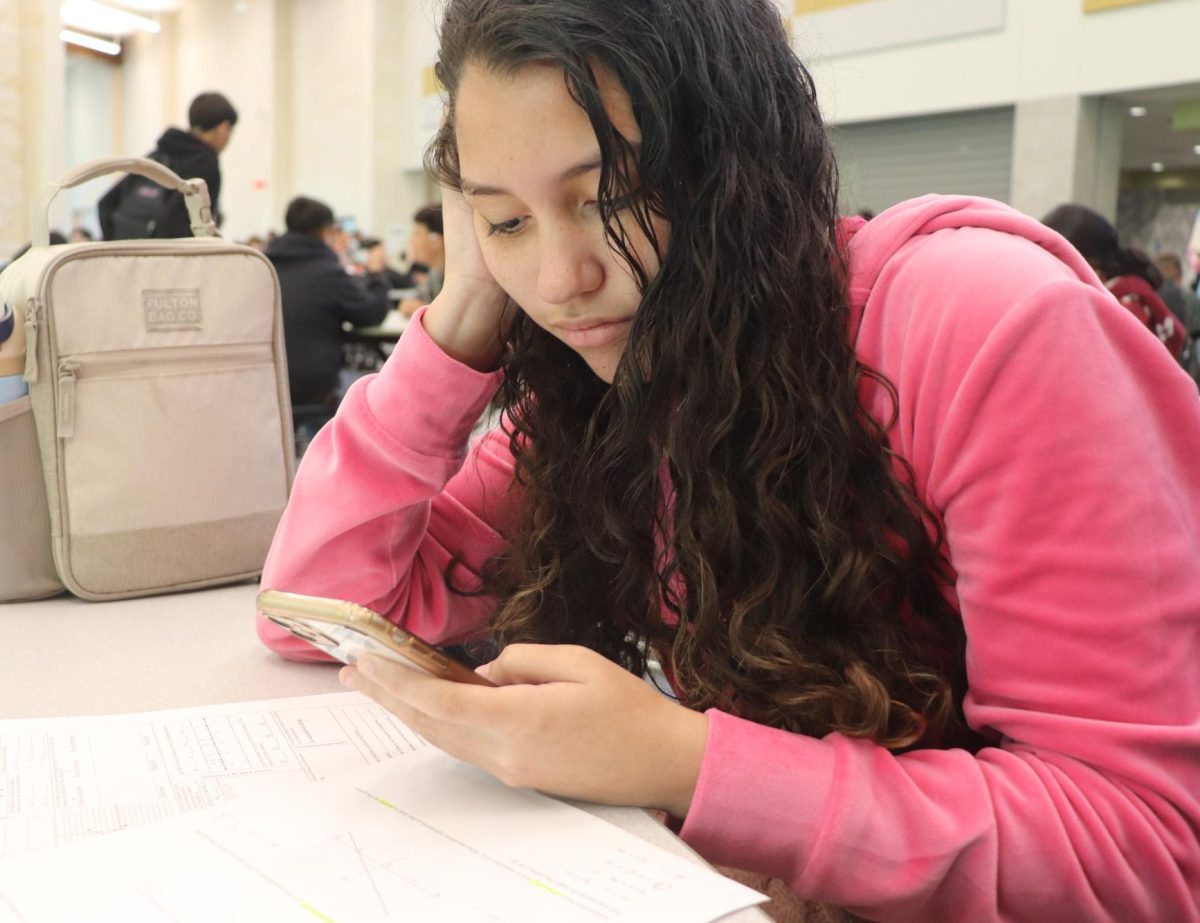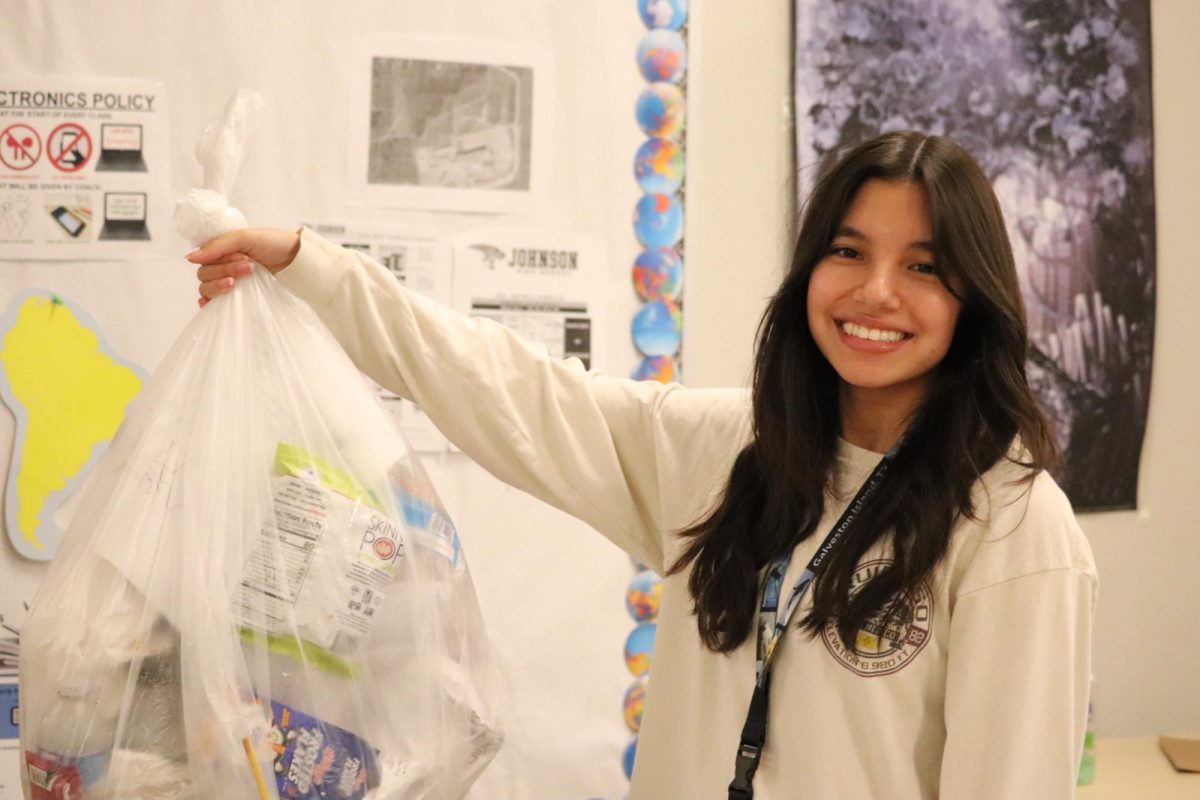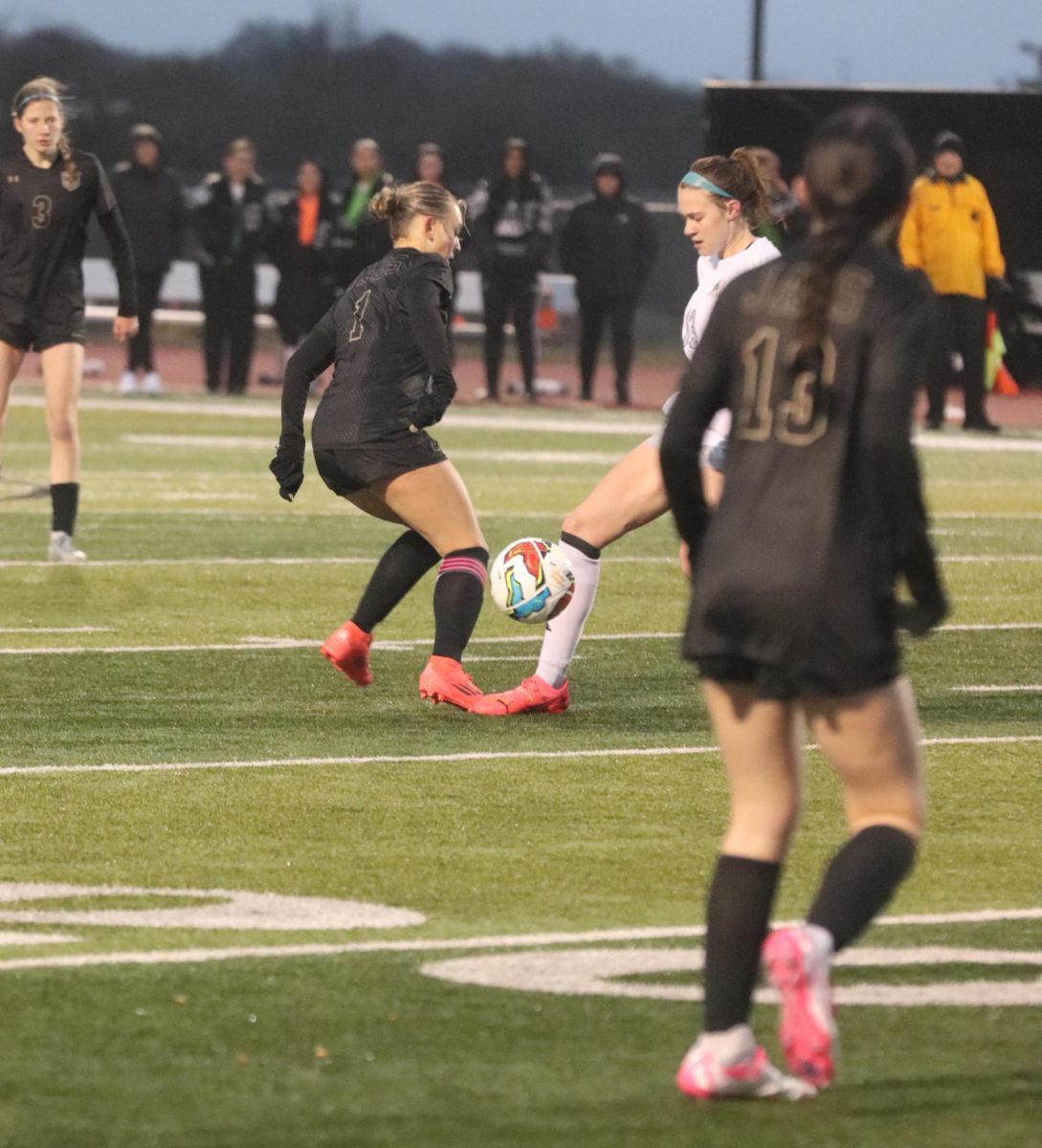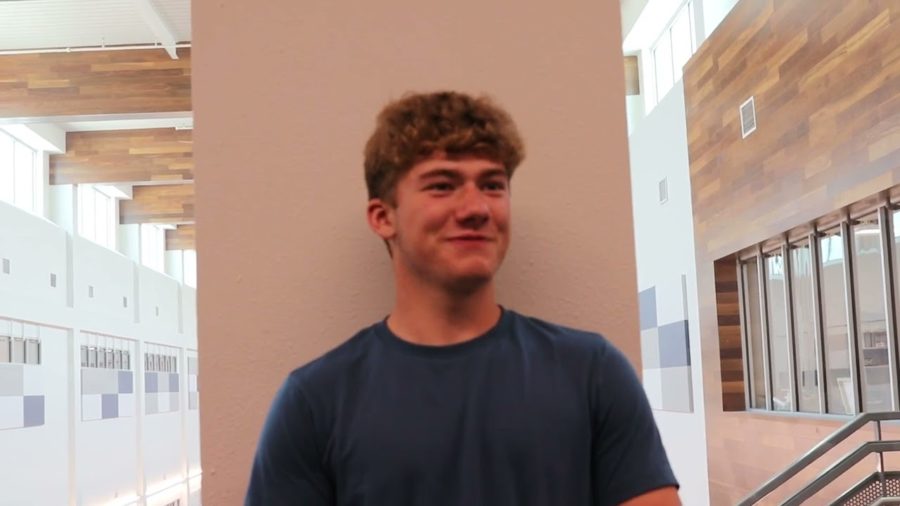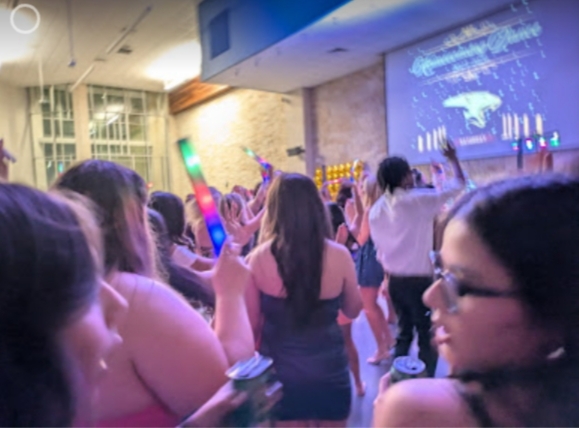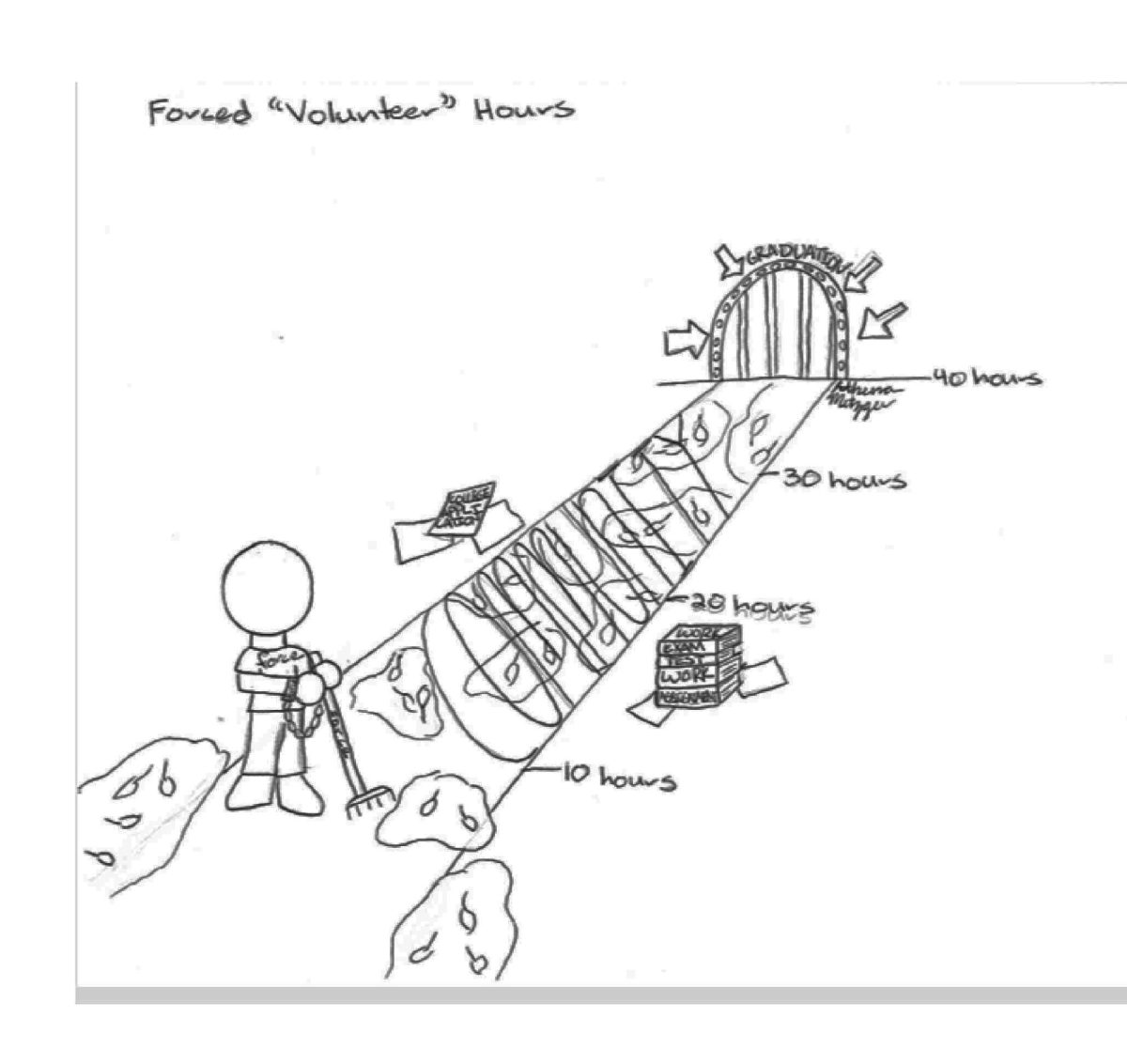In efforts to promote volunteerism, several Texas high schools have begun to require forty hours of community service to graduate, starting with freshmen.
Community service hours should not be a requirement for high school students to graduate.
High school is generally a stressful period of many peoples’ lives, and required community service hours add strain to students who are already stretched thin with school work and college applications. The time and energy spent on community service hours in order to graduate high school could be spent on other graduation requirements that colleges tend to take into account, such as GPA, SAT score, or other extracurriculars.
In addition to consuming time that could be set towards school work, required community service hours cut into students’ lives outside school. Students with jobs or extracurriculars find it difficult to fit school and homework into their schedules as it is, but with the addition of required community service, they are pressured even more for something that might not even benefit them that greatly.
It should also be taken into account that volunteer hours are, by definition, voluntary. Forcing teenagers to do community service as part of the school curriculum defeats the purpose of volunteerism and gives students none of the benefits they would receive if they did the hours themselves. It’s seen that better work is done when someone wants to work, and therefore the community would gain more from students who truly want to do community service on their own. Some argue that service hours increase the connectedness of students and give them greater appreciation for their community, but by forcing teenagers to do these hours, they get none of these benefits. If a student wants to benefit from volunteerism, then they must do it voluntarily.
Mandatory community service hours to graduate high school are not beneficial. If students are expected to benefit from doing community service, then volunteer hours should be optional. The school should offer pathways for students to take on their community service journey: forty hour pathways, twenty hour pathways, ten hours pathways, and so on, each with its own benefits, such as increased chances of getting into certain colleges. No Texas law requires community service hours to graduate; it’s entirely up to the district. Students should write to their school district and present this alternate solution.
The community would still get the help it needed, and students would be less pressured into volunteering. By letting students choose to volunteer on their own accord, the community receives better help, and students get all the benefits.

